How to look after a dog who's scared of you, by expert trainer Ben Randall
Looking after other people’s dogs can be a lovely thing to do — but what happens when the dog is unaccountably terrified of you? Ben Randall explains.
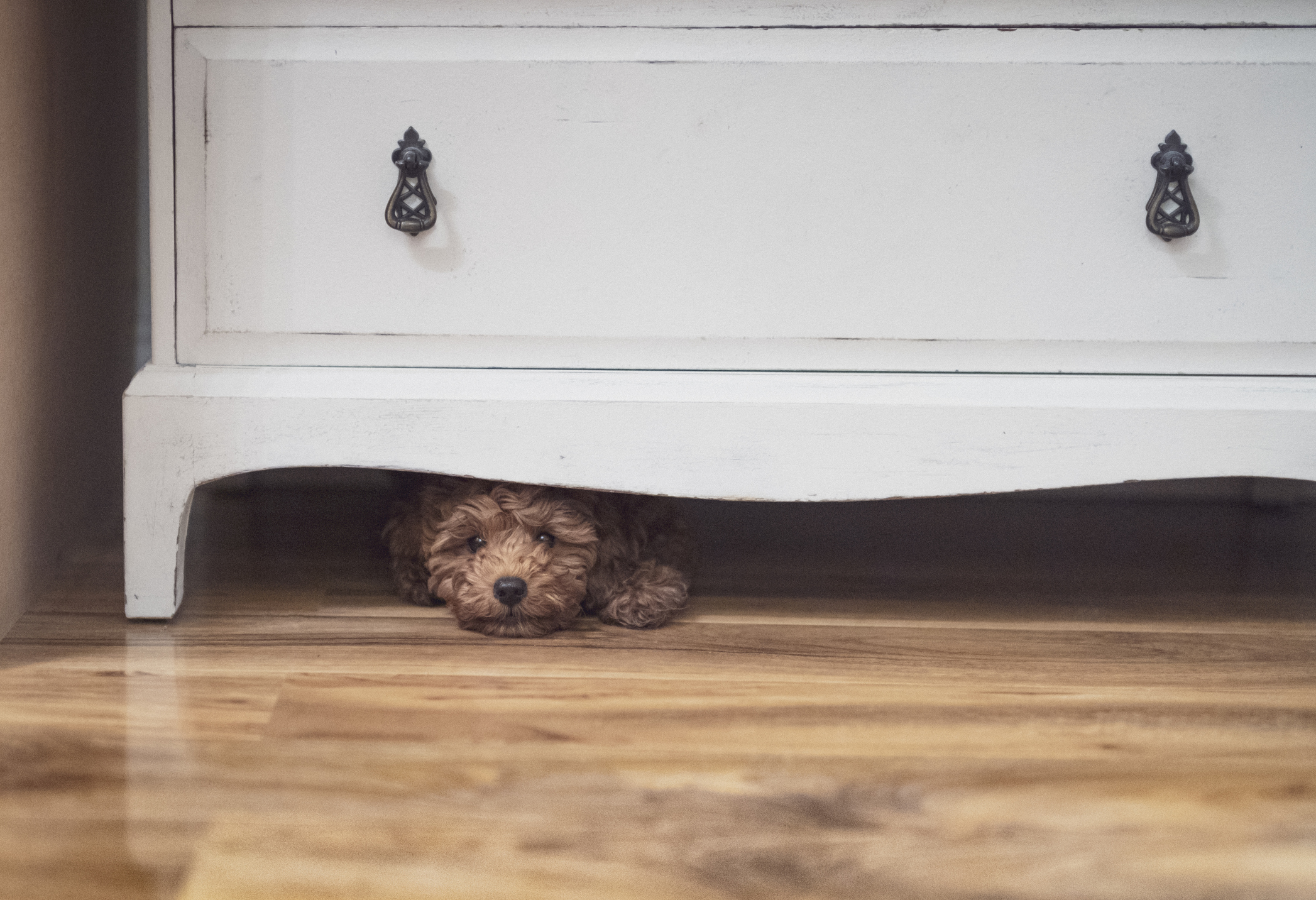

Most people who grew up around dogs and consider themselves ‘dog people’ quickly get on brilliantly with other people’s canine companions, creating their own bond of affection and respect. So it can be alarming and dispiriting when things don’t go smoothly, as this week’s reader explained in her email to me at paws-for-thought@futurenet.com.
Dear Ben, I grew up with dogs, love dogs, consider myself a true ‘dog person’ and gladly look after dogs for friends and family — but I’ve run in to a problem, and I’d love your advice. I’m currently looking after a friend's dog for a couple of weeks, a Shetland sheepdog, and several days in I’ve found that he is still so incredibly nervous of me that it is becoming distressing for me — and him, I'm sure. He’ll take treats from me and I can put his harness on him when we are going for a walk, but that is the closest I can get. I have to keep him on the lead when going for a walk because I am afraid he will bolt for home if I take it off. That said, he stays close by my side on walks, looking up at me all the time while I tell him he is a good dog.I've tried several things and always talk to him encouragingly, but even if I call him for a treat and he’ll come and get it, only to run straight off again and go back to sitting on the mat by the door. I try to not make a big deal of it by ignoring him — just getting on with my business around him — and sometimes he gets up and follows me around… but the moment I turn around or move sharply, he is off to his mat. How can I get him to know that I am okay? That he can trust me, and that he can come and sit next to me on the sofa without fear, as he does at home with his dog parents? I would greatly appreciate any tips you can give me. — SB, via email
As well as honing my Beggarbush dog training methods over the last few decades, my family and I run a 5* luxury boarding kennel in Herefordshire. We constantly have dogs staying with us both for short and long-term stays, and some dogs — just like some people — get very nervous when they’re entering a new environment. Settling them in isn’t always easy— and honestly, it sounds to me like you’re on the right track. You’re essentially doing what I’d suggest: staying calm and positive.
That said, there are some more steps that I think will really help — things that I’ve learnt and am happy to pass on. To help you — and anyone else reading this — I’ll walk you through the steps that I use to help dogs get nervous pets to trust you’re looking after other people’s dogs.
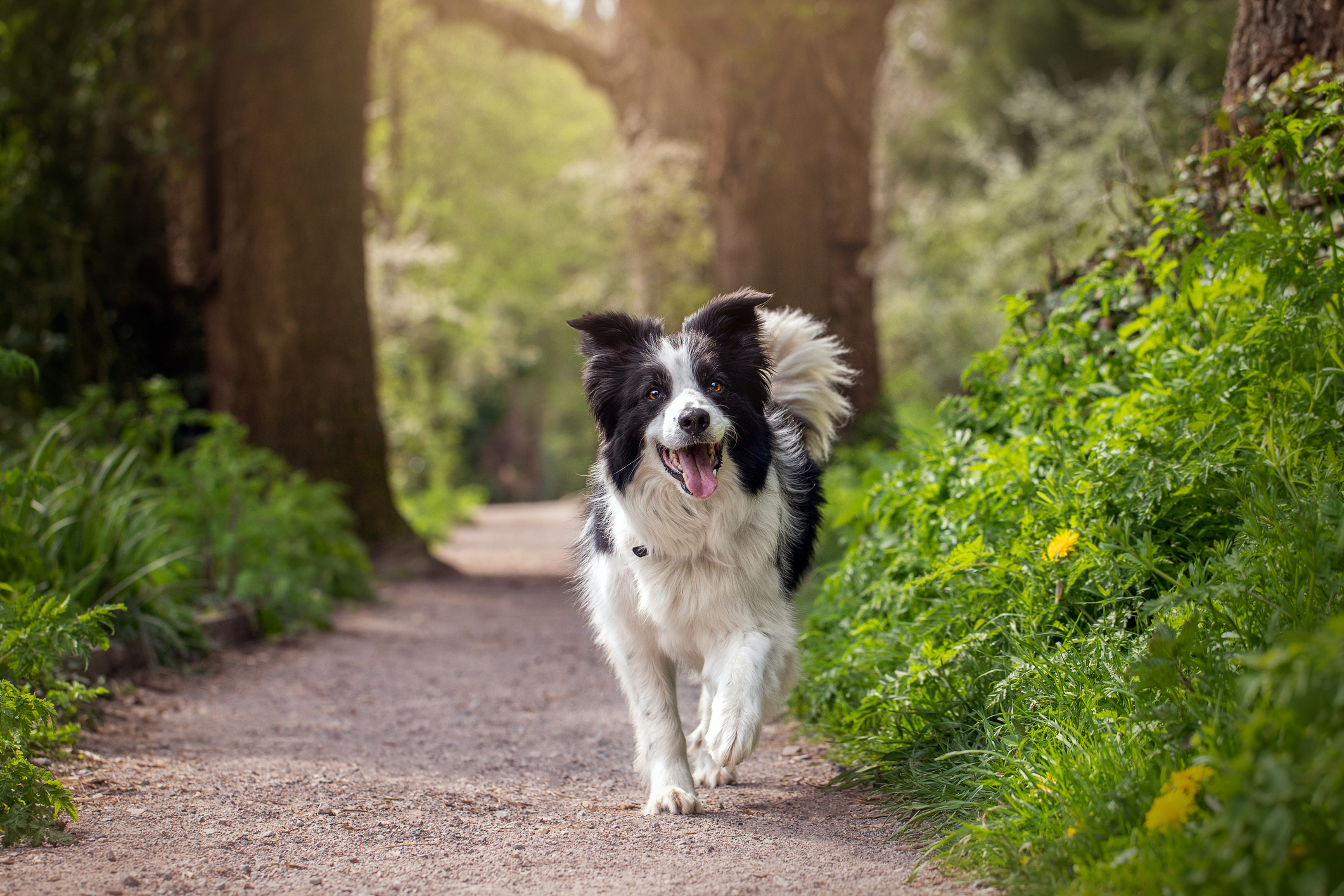
What to do if you’re looking after someone’s dog during the day, or overnight
If you have a dog in your car just for the day, or overnight, it doesn’t really give you enough time to build the sort of trust and relationship you’ll need to nurture. All you can do is keep things calm and positive, so that each time the dog comes back to you, its confidence — and yours — will grow.
That said, if looking after a particular dog for these short stints is going to be a regular thing, ask its owner if they can leave it with you for longer. Having the dog for a few nights will help you build up a better relationship and to gain more trust in you... which leads nicely on to the next part of this advice.
How to look after a dog who’s staying with you for a few days
When a new dog arrives at our boarding kennels who is nervous or shy, I start by asking him to come and go to the toilet. With calm and relaxed encouragement — and normally a lead on — I show the dog what I’m asking him to do.
This alone is often enough, after three or four days and multiple repeats, the dog soon trusts me and comes out of his shell. It’s actually something I see happen almost every day, and it’s a wonderful privilege enjoying watching these dogs start to get more confident every time I come up to them.
Sign up for the Country Life Newsletter
Exquisite houses, the beauty of Nature, and how to get the most from your life, straight to your inbox.
How to look after a dog who’s staying with you for a week or more
In your case, your friend’s dog is staying for 10 days — and that really gives you an opportunity to try and keep everything as structured as possible. From walks and feeding to toilet times and grooming, keep everything to a routine: the same time every day, and the same way of doing things, and (as you’ve already noticed) avoid sudden movements, noises or anything that could worry him. Dogs love routines, and once he gets used to them, there will be no surprises for him — and he will be much more likely to really start to relax.
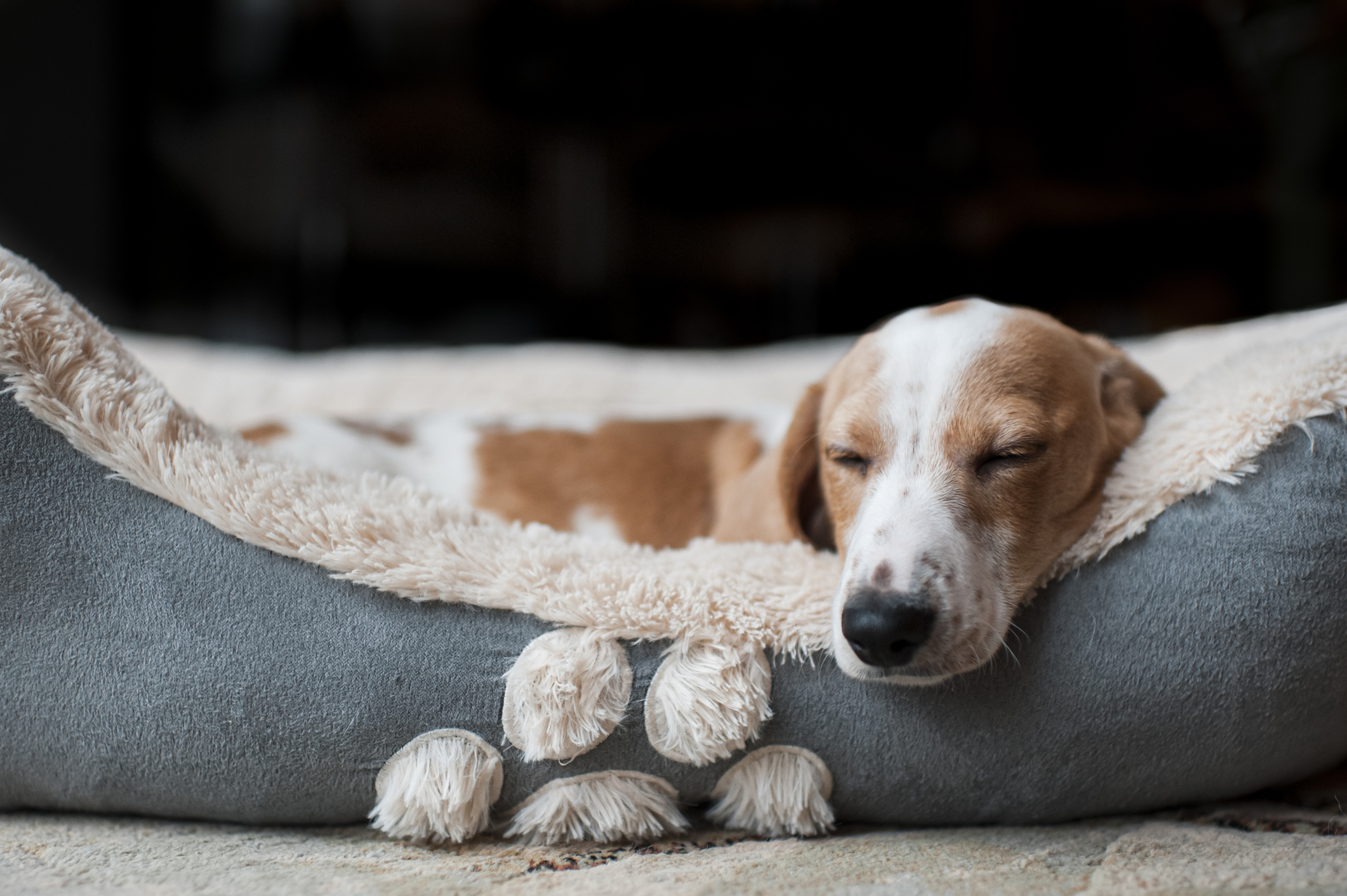
Stick with it and you’ll get there — one way or another
Stick with this and I believe that within 3-4 days you’ll really see a difference — but be prepared to keep going if you need to, and for those that have other dogs in the house, a degree of separation can help too.
Take as an example a dog I had staying with me a while ago who was super-nervous of new environments. This was a rescue dog, so God knows what he’d been through in his life. Just one example: he would eat his food if he was alone in his kennel, but the moment anyone came near him, he wouldn’t be able to carry on eating.
In the end it took special treatment to settle him in. I had the dog in the office with me during the day, and both his feeds were done in the office, away from the busier area around kennels. I moved his day bed fairly close to the lounge chair that I sit in, with the bowl of food on the floor close to me and the bed.
It was slow-going, but we got there. After a few days, the dog was happy to eat close to me, and even allowed me to stroke him while he was eating. Another week later and the dog was confident and trusting around me — and best of all, he’s now a regular visitor, happily coming here and super confident the moment he sees us at his home-from-home.
For more detailed advice about Ben Randall’s positive, reward-based and proven BG training methods, one-to-one training sessions, residential training or five-star dog-boarding at his BGHQ in Herefordshire, telephone 01531 670960 or visit www.ledburylodgekennels.co.uk. For a free seven-day trial of the Gundog app, which costs £24.99 a month or £249.99 a year, visit www.gundog.app/trial
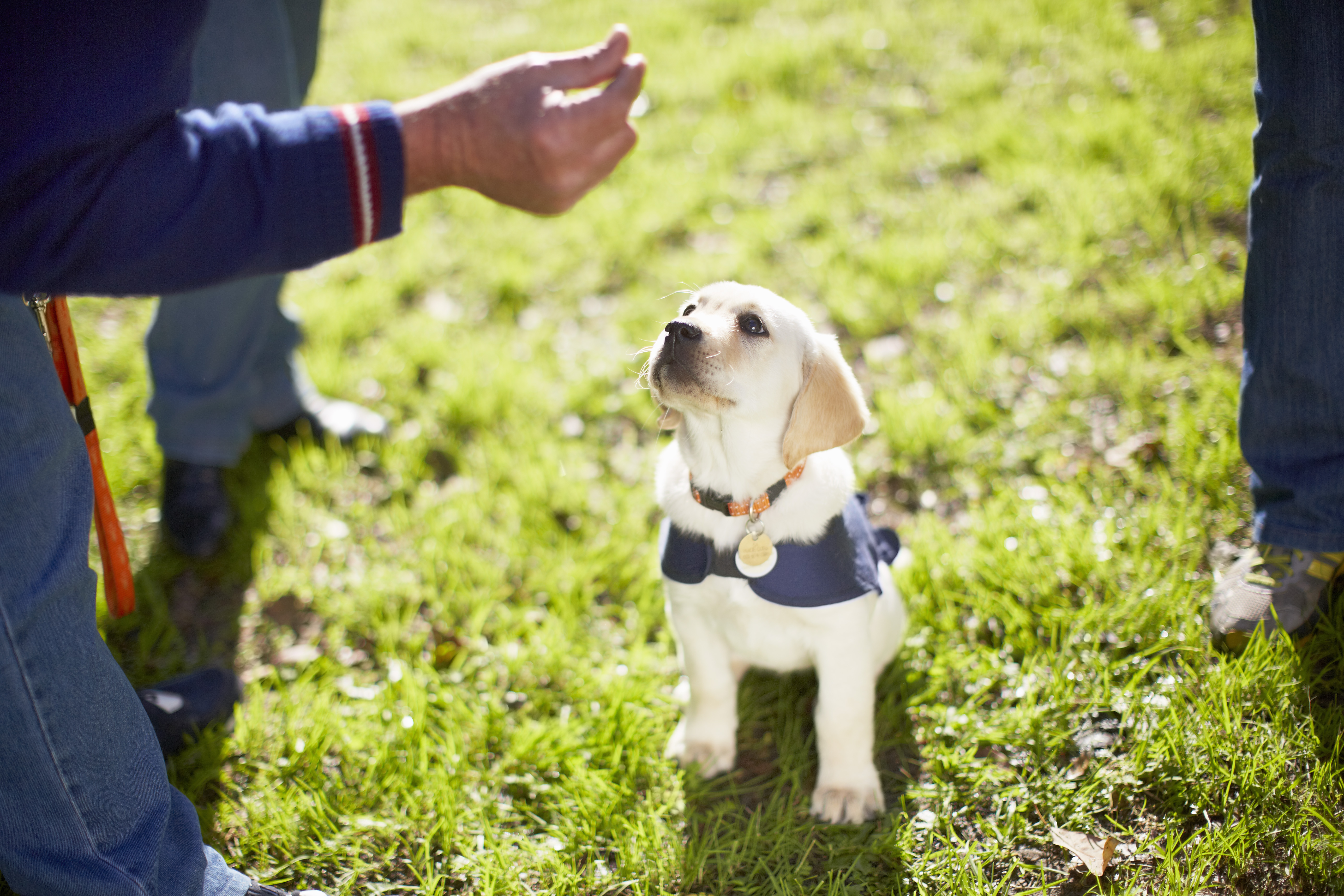
Credit: Getty Images/Westend61
How to teach a dog to sit: Five tips from leading dog trainer Ben Randall
Teaching your dog to sit is one of the most important things you can do — and it will help with
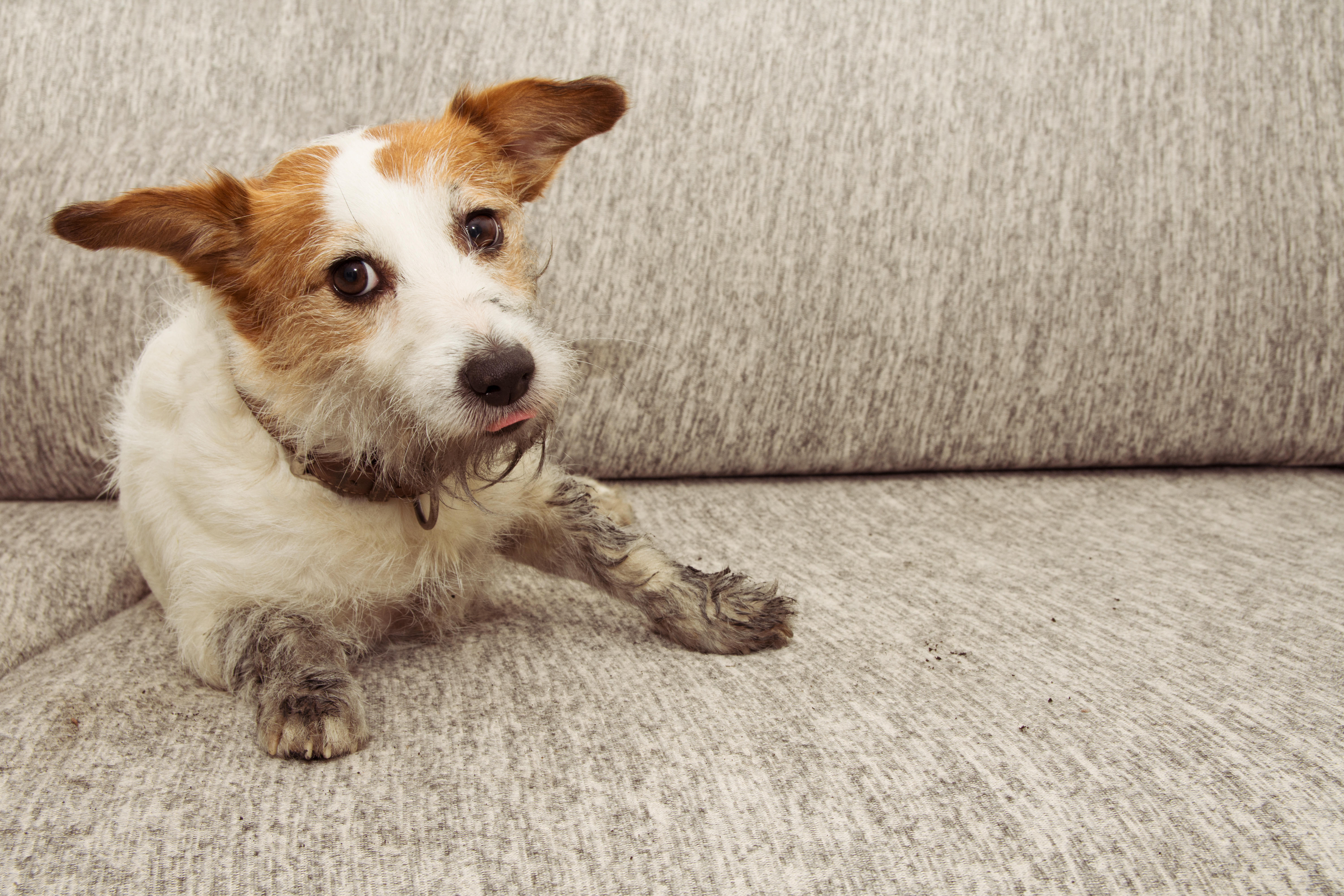
Credit: Alamy
How to keep a dog off the sofa, by top trainer Ben Randall
Fed up with Fido leaping onto the furniture — whether it's your sofa, armchair, or your bed — whenever he
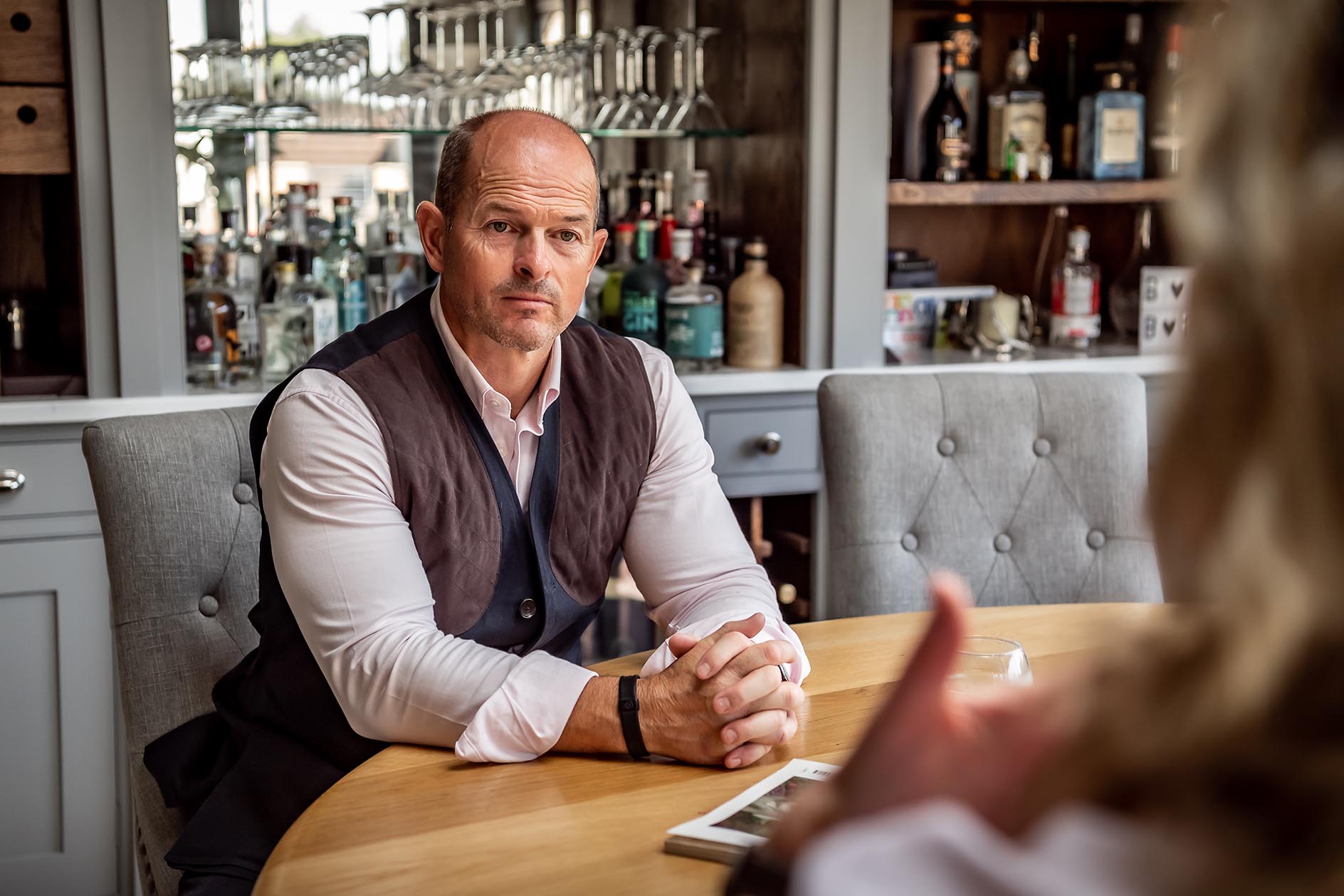
Problems with your dog? Here's how to contact our canine agony uncle Ben Randall
Here's how to submit your question to award-winning dog trainer Ben Randall.

Credit: Alamy Stock Photo
How to stop your dog begging for food at the table, by expert trainer Ben Randall
Dogs begging for food around mealtimes can be adorable up to a point — but what happens when the charm wears
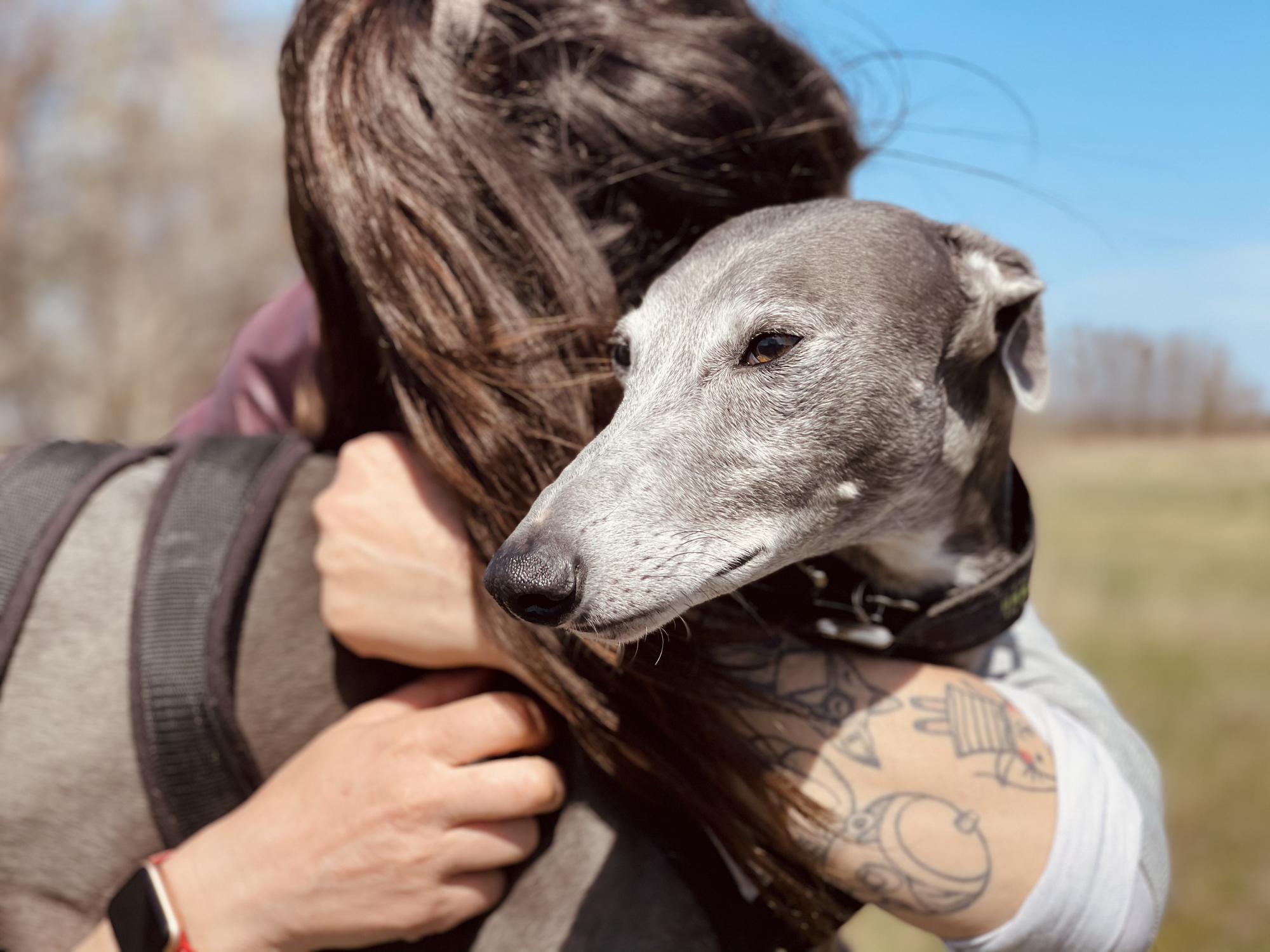
Credit: Getty Images/EyeEm
How to help a dog who's scared of going places in the car, by expert trainer Ben Randall
A retired greyhound with an unknown past is the subject of this week's advice article from our resident dog whisperer

How to teach a dog tricks, by expert trainer Ben Randall
If you want to teach a few party tricks to your pup you'll need to tread carefully, explains Ben Randall.
-
 What should 1.5 million new homes look like?
What should 1.5 million new homes look like?The King's recent visit to Nansledan with the Prime Minister gives us a clue as to Labour's plans, but what are the benefits of traditional architecture? And can they solve a housing crisis?
By Lucy Denton
-
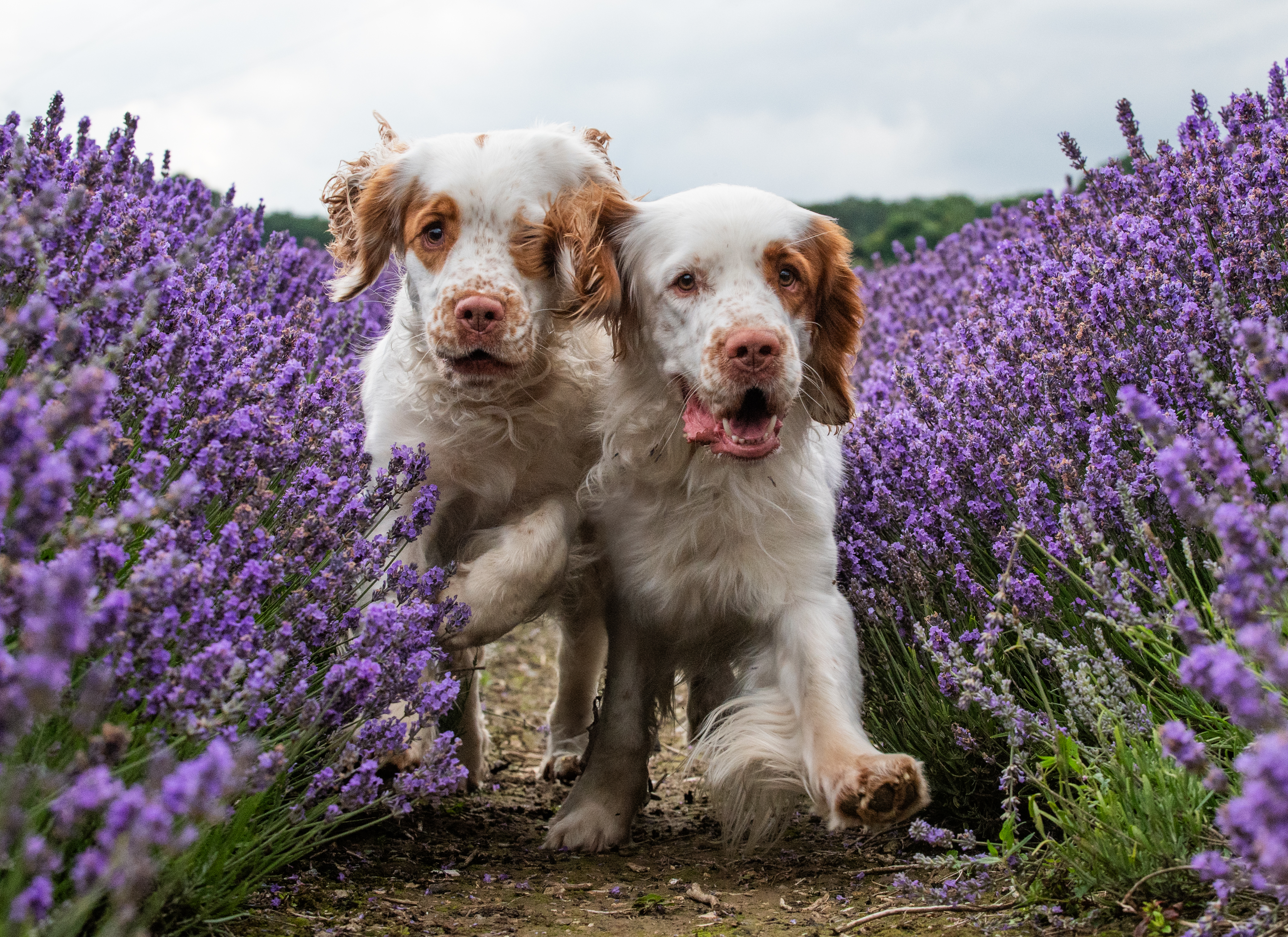 Having a ruff day: Kennel Club exhibition highlights the plight of vulnerable spaniel breeds
Having a ruff day: Kennel Club exhibition highlights the plight of vulnerable spaniel breedsPhotographer Melody Fisher has been travelling the UK taking photographs of ‘vulnerable’ spaniel breeds.
By Annunciata Elwes
-
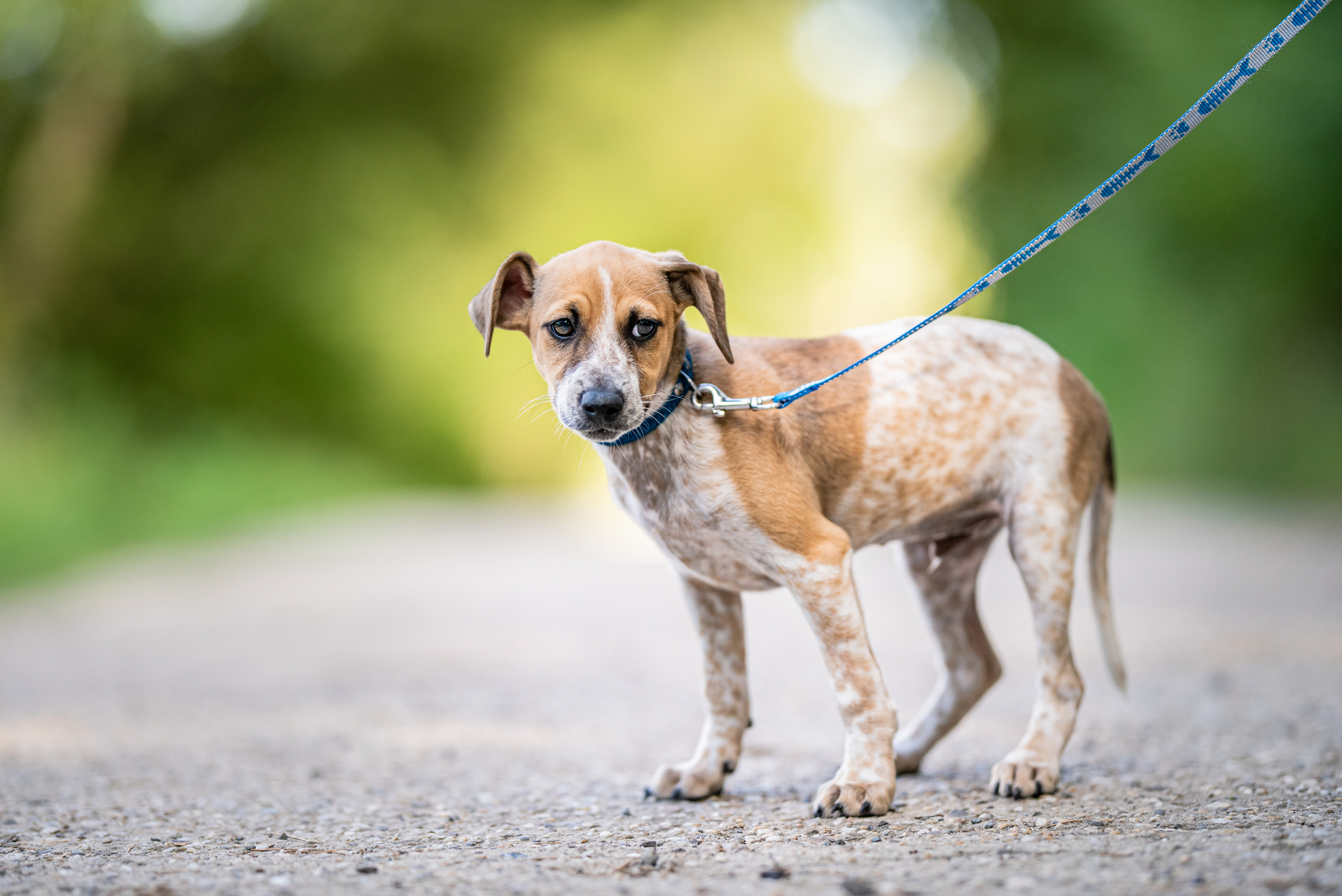 What to do when your dog gets attacked by another dog out on a walk
What to do when your dog gets attacked by another dog out on a walkBen Randall deals with a reader's difficult situation as an ordinary walk took a turn for the worse.
By Ben Randall
-
 How to deal with an older dog starting to show some bad behaviour after many happy years
How to deal with an older dog starting to show some bad behaviour after many happy yearsA-list dog trainer Ben Randall helps a reader whose ageing dog has started changing its behaviour — and not for the better.
By Ben Randall
-
 Ben Randall: Ask Country Life's canine agony uncle a question about your dog
Ben Randall: Ask Country Life's canine agony uncle a question about your dogOver the past two years our award-winning dog trainer Ben Randall has been sharing his advice with Country Life readers.
By Country Life
-
 How to look after a dog who's gone deaf, by A-list trainer Ben Randall
How to look after a dog who's gone deaf, by A-list trainer Ben RandallBen Randall handles a query from a reader whose dog has lost her hearing.
By Ben Randall
-
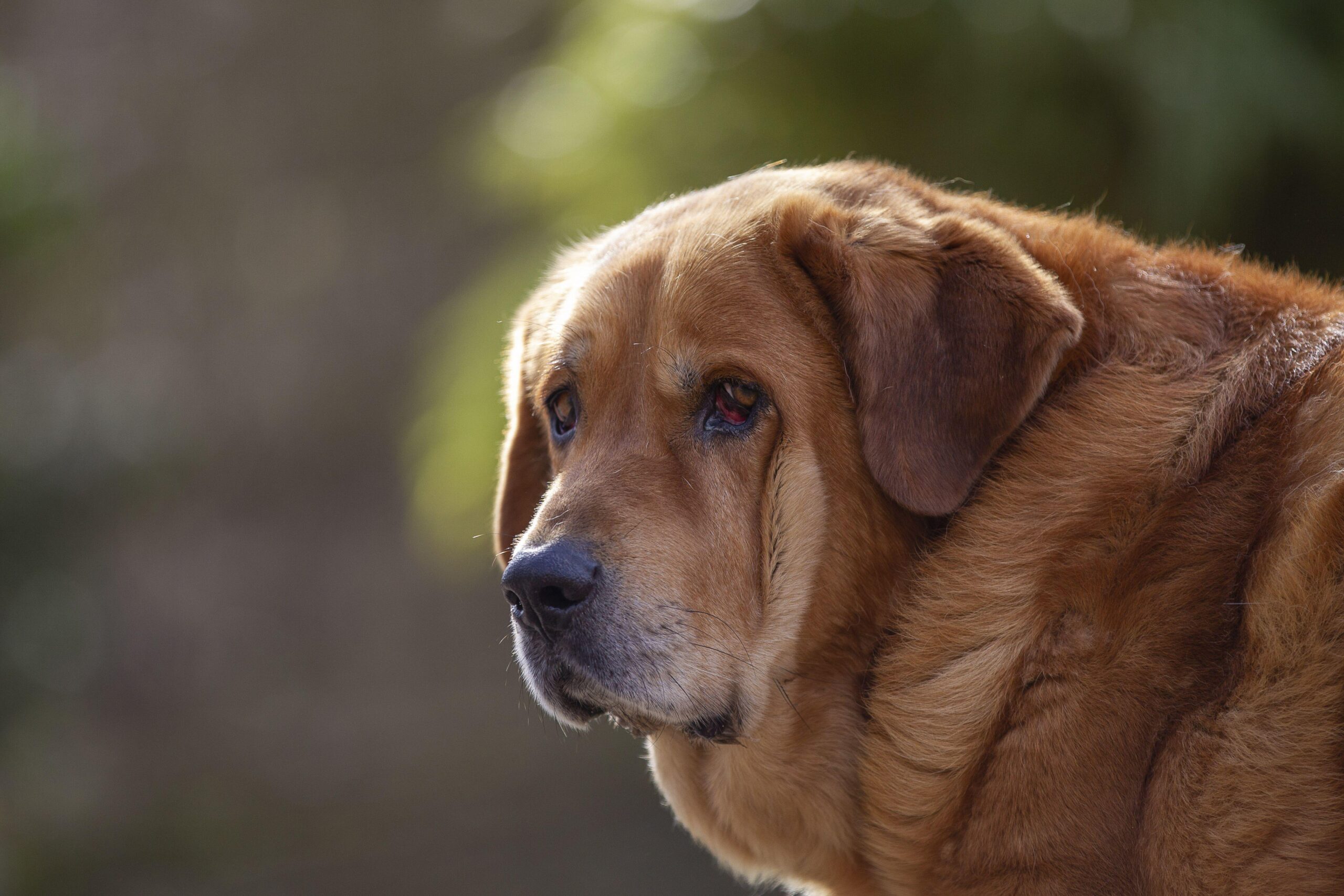 How to deal with a dog that's stronger than you are — especially when it runs off when it gets excited
How to deal with a dog that's stronger than you are — especially when it runs off when it gets excitedBen Randall tackles an issue for an owner of a dog that's almost as big as she is.
By Ben Randall
-
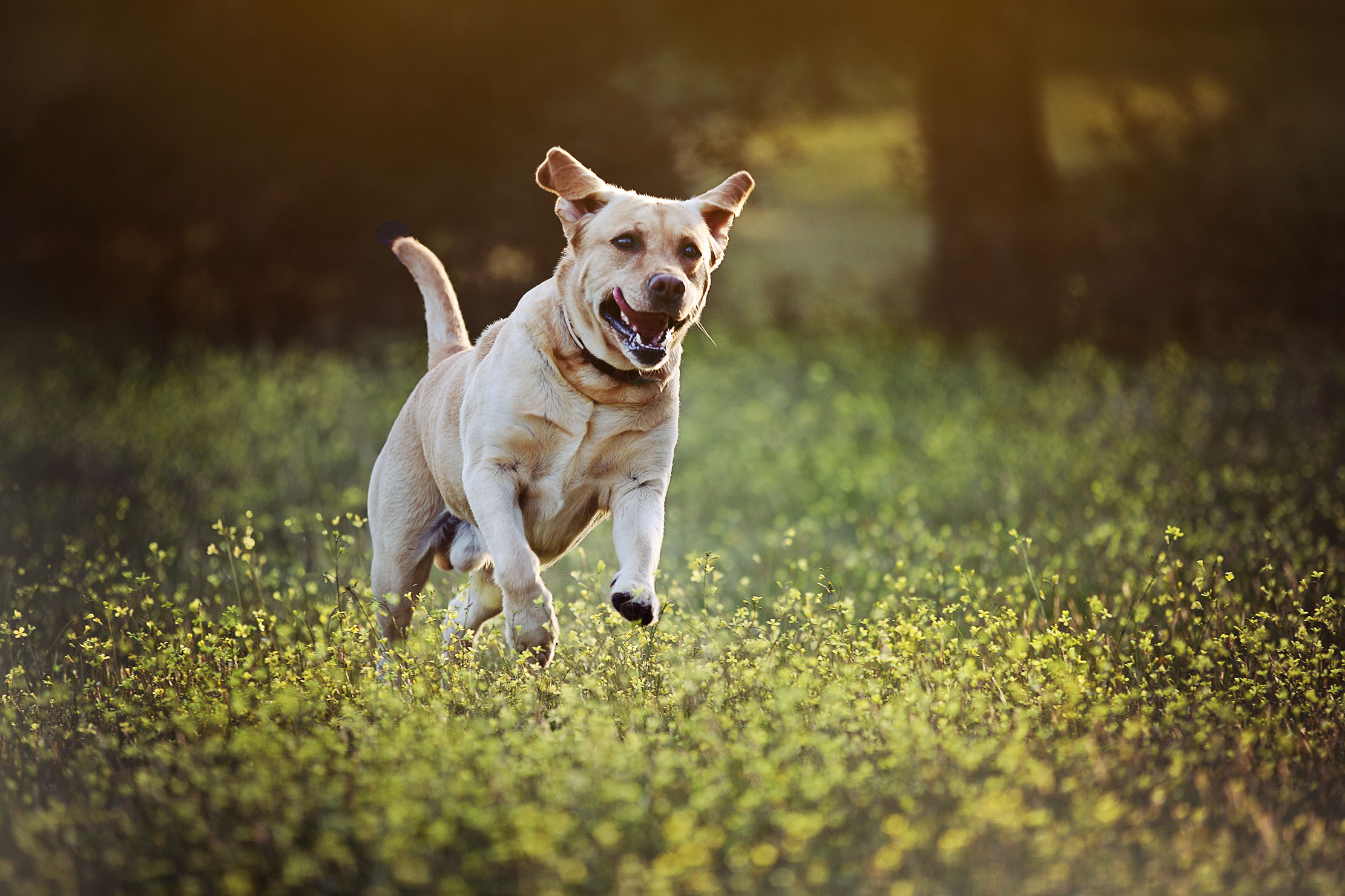 'My dog goes crazy when he sees someone with a ball launcher. How do I make him stop?': Expert trainer Ben Randall explains what to do
'My dog goes crazy when he sees someone with a ball launcher. How do I make him stop?': Expert trainer Ben Randall explains what to doTaking on a dog with ingrained bad habits can be a headache. Ben Randall explains how to retrain them to keep calm.
By Ben Randall
-
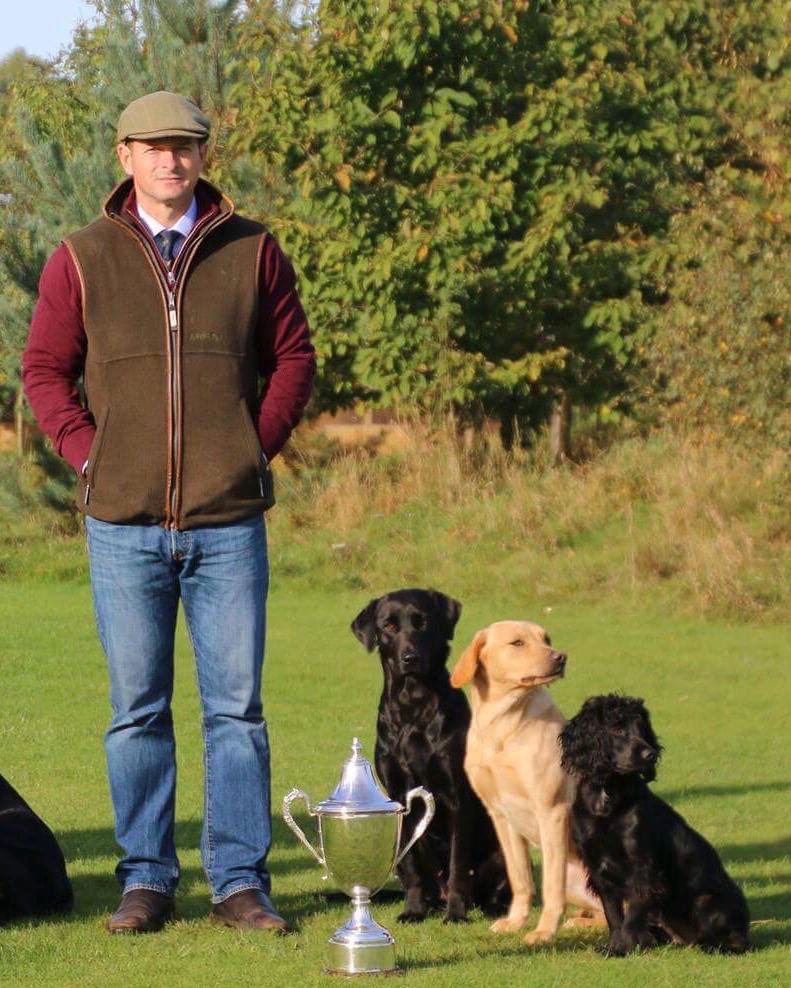 Ben Randall: Q&A with the award-winning dog trainer
Ben Randall: Q&A with the award-winning dog trainerWe speak to Country Life's canine agony uncle Ben Randall.
By Ben Randall
-
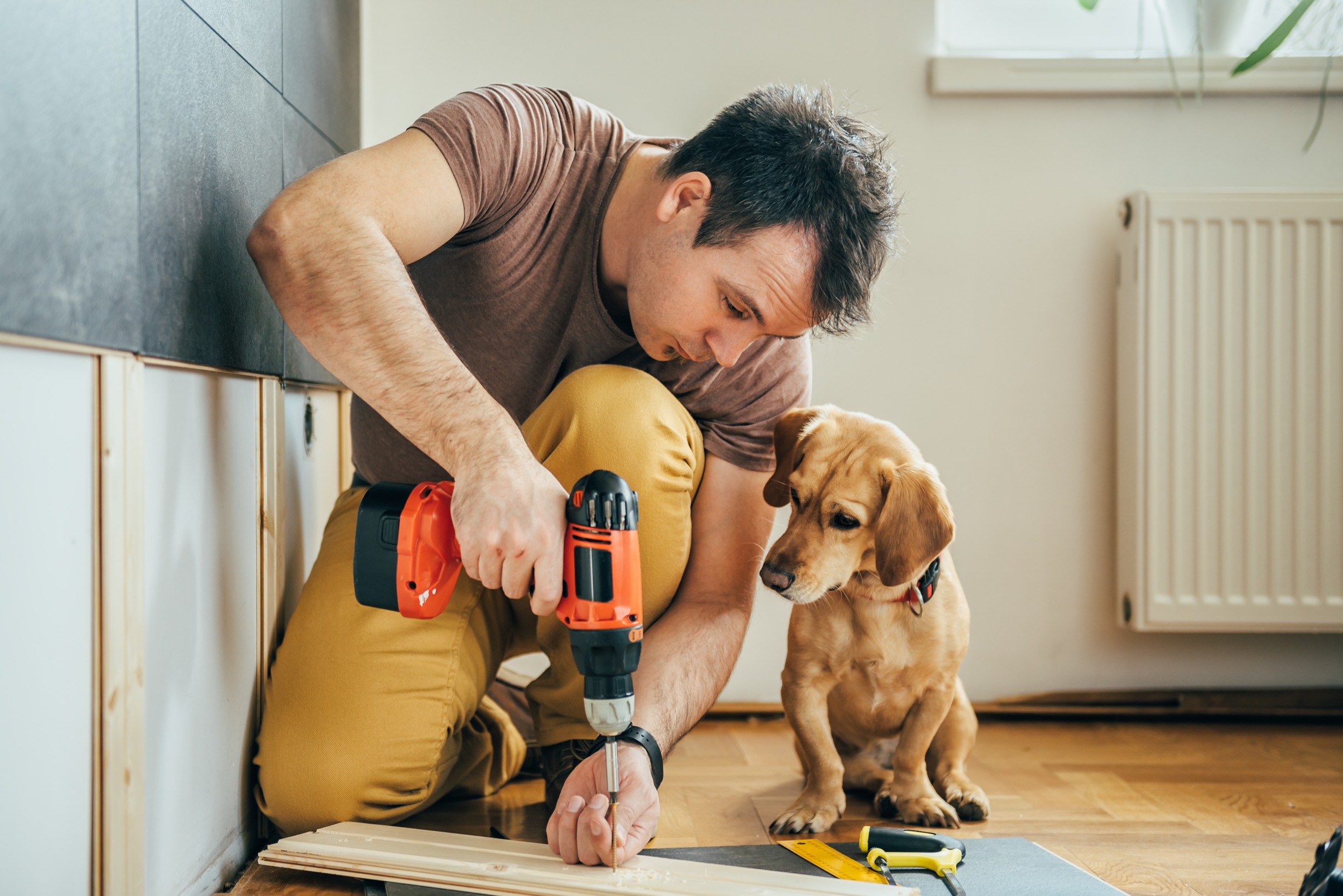 How to stop your dog from being protective and barking at builders
How to stop your dog from being protective and barking at buildersBarking can be annoying and unsettling for visitors. Ben Randall looks at how to get a little peace and quiet.
By Ben Randall